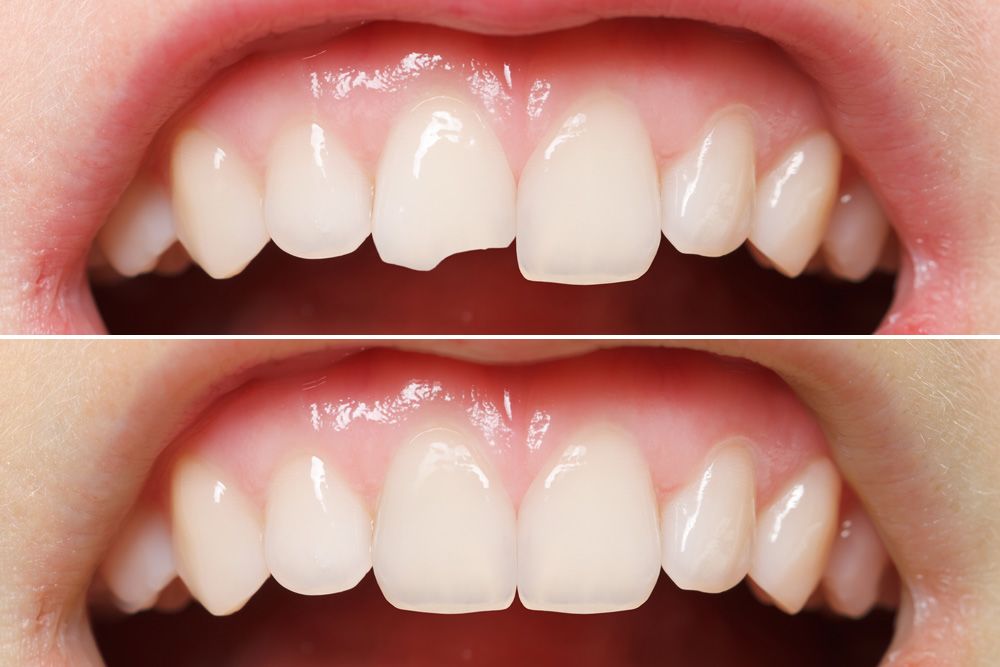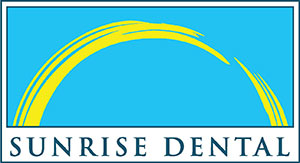Dental Bonding
A confident smile doesn’t just turn heads it changes how you feel about yourself, from the inside out. Whether you’re stepping into a big meeting, catching up with old friends, or meeting someone new, your smile is often the first thing people notice. It’s a silent ambassador that speaks volumes before you even say a word. That’s why cosmetic dental procedures like dental bonding are more than just a touch-up; they’re an investment in your self assurance and quality of life.
What is dental Bonding?
Dental bonding is one of those wonderful solutions that can make a real difference without a lot of fuss. Simply put, it’s a cosmetic dental procedure where a tooth-colored composite resin is applied to your teeth to improve their appearance. This flexible solution can address several common smile imperfections, all with a simple, gentle touch:
- Repair chipped teeth
- Improve discolored teeth
- Close tooth gaps
- Even subtly reshape teeth for a more balanced look.
It’s quick, it’s gentle, and it’s surprisingly transformative — kind of like hitting the refresh button on your smile.
Why Choose Dental Bonding?
Thinking about freshening up your smile? Dental bonding checks a lot of boxes — and then some:
Minimally Invasive:
The best part? Bonding keeps almost all of your natural tooth right where it belongs.
Cost-Effective:
Compared to alternatives like veneers or crowns, dental bonding is a cost-effective dental cosmetic solution that still delivers noticeable results.
Quick Results:
In many cases, the whole dental bonding procedure can be done in a single visit. Imagine walking in with a concern and walking out with a brand-new confidence boost.
Versatile Fixes:
Whether you’re worried about a single chipped tooth or a few aesthetic tweaks, bonding can handle a surprising variety of minor cosmetic issues.

What Happens During a Dental Bonding Procedure?
Curious about what the actual appointment looks like? It’s pretty straightforward:
- Consultation:
Your dentist examines your teeth, discusses your goals, and confirms that bonding is the right fit for you.
- Color Matching:
A resin shade is carefully chosen to match your natural teeth, ensuring the final look is seamless.
- Application and Shaping:
The resin is applied, gently molded, and sculpted to the desired shape, blending beautifully with your natural tooth.
- Curing Process:
A special light is used to harden the resin, locking in your new look.
- Final Adjustments:
After curing, your dentist fine-tunes the shape and polishes the tooth for a flawless, natural finish.
You’re in and out — and smiling brighter — before you know it.
Dental Bonding vs. Veneers: Which is Right for You?
While dental veneers and dental bonding can achieve similar cosmetic improvements, they’re definitely not identical twins.
Durability:
Veneers are generally more durable and stain-resistant than bonding, with a longer lifespan (often 10-15 years compared to bonding’s 3-7 years).
Complexity:
Veneers typically require multiple appointments and more tooth preparation, while bonding is simpler and faster.
Cost:
Bonding wins here — it’s significantly more affordable, making it an appealing option for minor corrections.
If you’re after a quick fix for a few minor issues, bonding is a smart move. If you’re looking for a full smile makeover with maximum longevity, veneers might be worth the extra investment.
What is Composite Resin?
The magic behind bonding lies in the material: composite resin. This tooth-colored material isn’t just beautiful — it’s strong, moldable, and designed to blend right in with your natural smile. It can be shaped with precision and, once hardened, provides both aesthetic beauty and everyday functionality. .
Best Dentists in Washington & Oregon
Risks and Things to Think About
As with any dental procedure, there are a few things to consider:
Staining and Durability:
Composite resin isn’t as resistant to stains as natural enamel or porcelain. Coffee, tea, red wine, and tobacco can take a toll over time.
Potential Complications:
While rare, issues like sensitivity or minor chipping can happen. (Luckily, repairs are usually straightforward and quick.)
Allergic Reactions:
Although extremely uncommon, some patients may have sensitivities to materials used another reason your consultation matters.
Bonding is a fantastic option when you understand both its capabilities and its limits — and when you’re committed to keeping that new smile in top shape.
How to Care for Bonded Teeth
Good news: Dental bonding maintenance isn’t complicated — it’s just about healthy habits.
- Oral Hygiene:
Keep brushing and flossing daily, and don’t skip your regular dental checkups.
- Watch Your Diet:
Limit foods and drinks that can cause staining, and rinse your mouth with water after indulging.
- Protect Your Teeth:
If you grind your teeth at night, a mouthguard can help prevent damage to the bonding.
A little TLC goes a long way in extending the life of your bonding work and keeping your smile radiant.
Final Thoughts: Is Dental Bonding Right for You?
If you’re looking for a way to subtly but powerfully enhance your smile without breaking the bank or committing to a major procedure, dental bonding is absolutely worth considering. It’s quick, it’s gentle, it’s customizable and it puts you one step closer to flashing that confident, radiant smile that lights up every room you walk into.
Sometimes, the smallest changes create the biggest impact.
And your smile? It’s always worth it.
